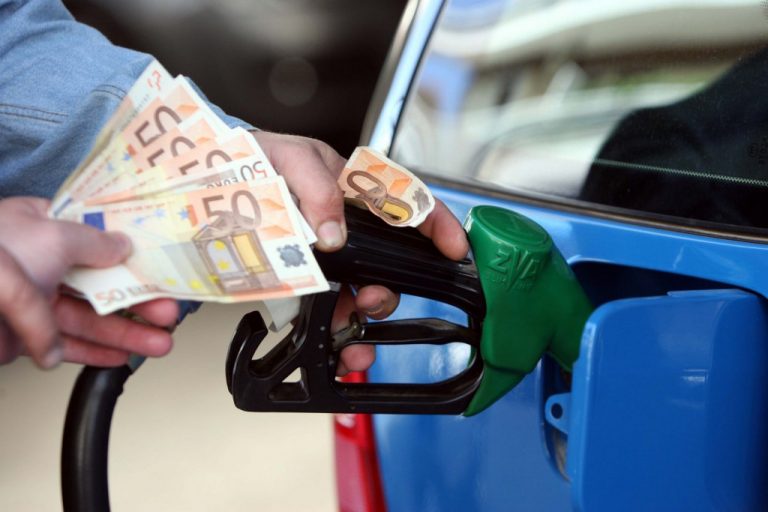
A braver package of support measures, for interventions for rising fuel prices that will be activated on July 1, has been announced, while on the table is the granting of a second emergency financial aid tranche (“inflation voucher”) for vulnerable households.
Higher than expected tax revenues in April and May freed up more than 300 million euros in fiscal space, while the June tax revenues are expected to “unlock” the second emergency aid tranche.
According to information, the government plan to stem rising price problems provides:
Fuel Pass 2
The petrol allowance will be increased and will be granted for the quarter of July, August, September. The amount of aid will be over the 30-50 euros provided for in the first round of the Fuel Pass with the information indicating that the amounts may exceed 60 euros. Emphasis will be given to the island regions of the country. At the same time, income criteria rises to the level of 45,000 euros. The existing model will be followed for the granting of the allowance.
In particular, natural persons and self-employed persons will apply on the online platform provided that they meet the new limit for family income, own an active vehicle or motorcycle-moped that is insured and does not owe road tax.
Summer “gifts”
On the table of the financial staff is the new inflation voucher that is being considered for vulnerable households along the model followed at Easter. If the fiscal space is secured, then the money will be distributed to the beneficiaries in July.
Diesel fuel
The subsidy on the diesel fuel at the pump will continue after June with an increase of the subsidy amount which is at 12 cents per liter today. It is noted that with VAT the subsidy on diesel reaches today 15 cents per liter.
Islands – barren lines
A higher subsidy for liquid fuels is planned for the island regions of the country and an increase of the state subsidy for the barren lines in order to keep the prices of the ferry tickets low.
Latest News

When Blue Skies was Unmasked as ND’s Political ‘Slush Fund’
The fact that so many top New Democracy (ND) party cadres were paid by the firm Blue Skies, owned by Thomas Varvitsiotis and Yiannis Olympios, without ever citing this publicly, raises very serious moral issues, regardless of the legality

Greek Women’s Water Polo Team Top in the World after 13-9 Win Over Hungary
The Greek team had previously defeated another tournament favorite, the Netherlands, to reach the final.
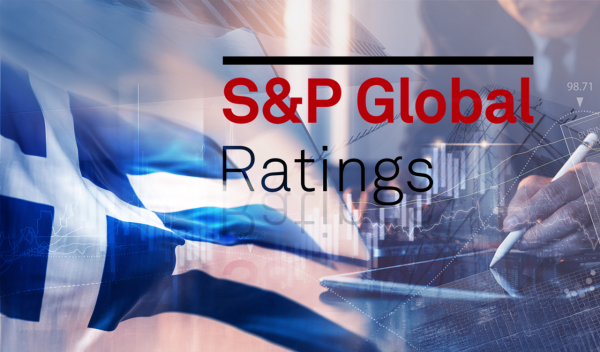
S&P Raises Greek Rating; BBB with Stable Outlook
S&P’s decision raises the Greek economy to the second notch of investment grade ladder, at BBB with a stable outlook.

Greek Tourism Optimistic About Demand from American Market
A recent survey by MMGY Global, conducted from April 3–5 with a sample of 1,000 U.S. adults, found that 83% of Americans still intend to take leisure trips over the next 12 months, a slight drop from 87% in late February

New Exposé by Domumento Reveals Nefarious Triangular Link of ‘Black Money’ with New Democracy, Blue Skies, & Truth Team
The latest exposé by the Documentonews.gr news site lays bare what appears to be a surreptitious path of indirect financing of ND through the business sector—transactions that, as widely understood, rarely occur without expectations of reciprocal benefit

PM Meloni Meets Vice President Vance in Rome Signalling Optimism on Ukraine Talks
Meloni emphasized the strength and strategic value of the Italy-U.S. partnership.

Airbnb: Greece’s Short-Term Rentals Dip in March Amid Easter Shift
Data from analytics firm AirDNA shows that average occupancy for short-term rentals dropped to 45% in March, down from 49% the same month last year.

Easter Week in Greece: Holy Friday in Orthodoxy Today
At the Vespers service on Friday evening the image of Christ is removed from the Cross and wrapped in a white cloth

Meloni and Trump Meet in Washington, Vow to Strengthen Western Ties
“I am 100% sure there will be no problems reaching a deal on tariffs with the EU—none whatsoever,” Trump stressed.

ECB Cuts Interest Rates by 25 Basis Points in Expected Move
The ECB’s Governing Council opted to lower the deposit facility rate—the benchmark for signaling monetary policy direction—citing an updated assessment of inflation prospects, the dynamics of underlying inflation, and the strength of monetary policy transmission.









![Πλημμύρες: Σημειώθηκαν σε επίπεδα ρεκόρ στην Ευρώπη το 2024 [γράφημα]](https://www.ot.gr/wp-content/uploads/2025/04/FLOOD_HUNGRY-90x90.jpg)





![Airbnb: Πτωτικά κινήθηκε η ζήτηση τον Μάρτιο – Τι δείχνουν τα στοιχεία [γράφημα]](https://www.ot.gr/wp-content/uploads/2024/07/airbnb-gba8e58468_1280-1-90x90.jpg)










![Χρυσές λίρες: Φρενίτιδα χωρίς τέλος – Πόσες πούλησαν και αγόρασαν οι Έλληνες [πίνακες]](https://www.ot.gr/wp-content/uploads/2022/12/xrises-lires-600x300.jpg)

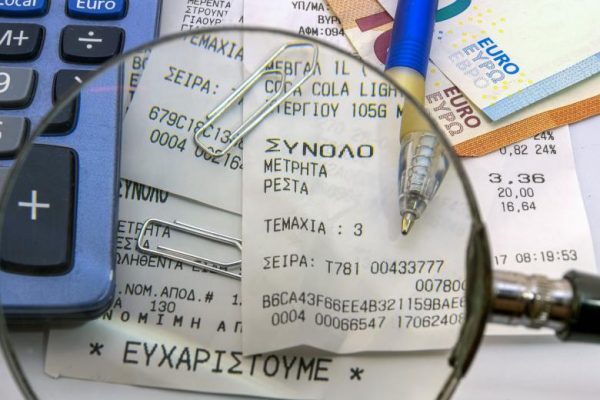
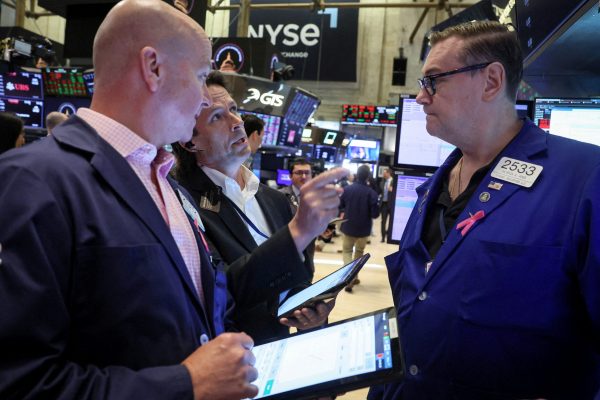

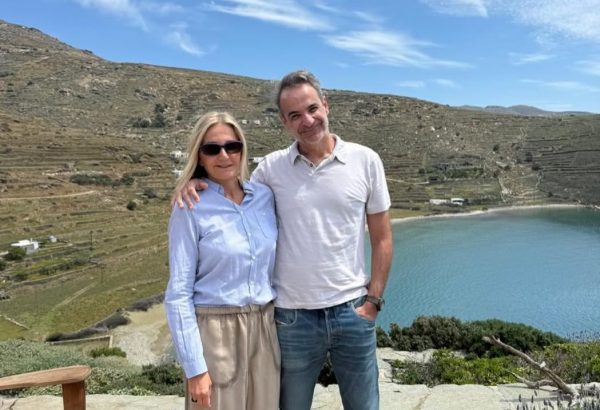
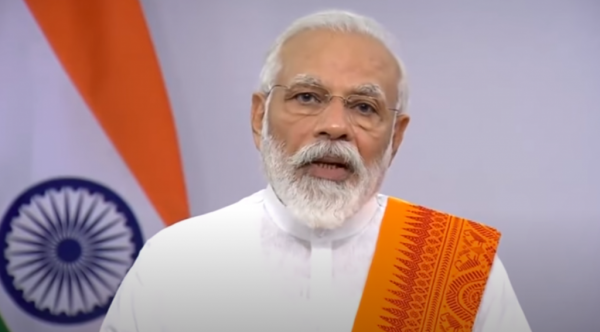
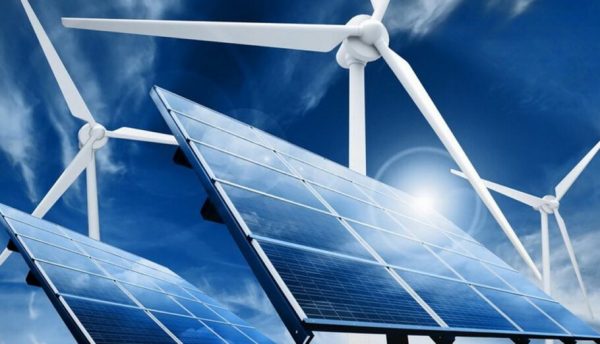







 Αριθμός Πιστοποίησης
Αριθμός Πιστοποίησης